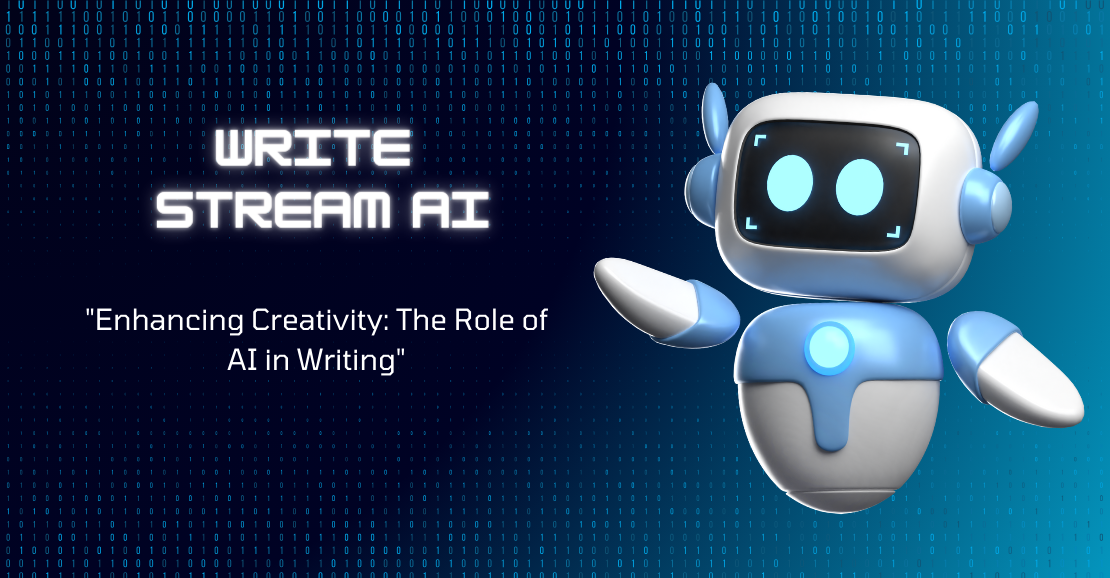Writing has always been regarded as a creative process, where the human mind is the sole source of ideas, imagination and innovation. However, with the advancement of technology, the role of artificial intelligence (AI) in writing has been increasingly gaining attention. While some may argue that AI would only hinder creativity, there is growing evidence that it can actually enhance the creative process. In this article, we will explore the role of AI in writing and how it can contribute to enhancing creativity.
One of the main ways in which AI enhances creativity is through its ability to generate ideas. With access to vast amounts of data and information, AI can analyze and identify patterns and connections that may not be apparent to a human writer. This can provide writers with a fresh perspective and unique ideas that they may not have considered otherwise. Additionally, AI can also suggest alternative storylines, plot twists, and character developments, allowing writers to explore new possibilities and push the boundaries of their creativity.
Moreover, AI can assist in the research and organization process of writing. Writing often requires extensive research, which can be time-consuming and tedious. AI can quickly sift through vast amounts of information and present the most relevant and credible sources to the writer. This not only saves time but also ensures that the writing is well-informed and accurate. AI can also help with organizing ideas and concepts, making it easier for writers to structure their thoughts and create a cohesive piece of writing.
Another significant contribution of AI to writing is the ability to instantly provide feedback and suggestions for improvement. Writers often rely on editors or beta readers for feedback, which can be a lengthy and subjective process. AI, on the other hand, can analyze the writing style, grammar, and tone to provide instant feedback and suggestions for improvement. This not only saves time but also allows writers to continuously improve their writing skills and explore different writing styles.
One major concern when it comes to AI's role in writing is that it may hinder originality and authenticity. However, with AI's ability to generate ideas and provide feedback, it can actually enhance these elements. By suggesting alternative storylines or providing feedback on cliche phrases, AI can push writers to think outside the box and create something truly unique. Additionally, AI can also help writers avoid unintentional plagiarism by highlighting similarities in their writing to existing works.
Furthermore, AI can assist in language translation and cultural adaptation, thereby fostering creativity in a global setting. With the rise of digital nomads and the global reach of the internet, writers are no longer limited to their own language and cultural context. AI can help writers accurately and effectively translate their work into different languages and adapt it to different cultural perspectives, allowing for a more diverse and creative literary landscape.
In conclusion, AI's role in writing goes beyond just proofreading and editing. It can provide writers with new ideas, assist in research and organization, offer instant feedback and suggestions, and promote diversity in writing. While there may be concerns about the impact of AI on creativity, it is evident that AI can enhance the creative process by opening up new possibilities and pushing writers to think outside the box. As technology continues to advance, the role of AI in writing will only continue to grow and contribute to the evolution of creativity in the literary world.























Write your comment
Cancel Reply